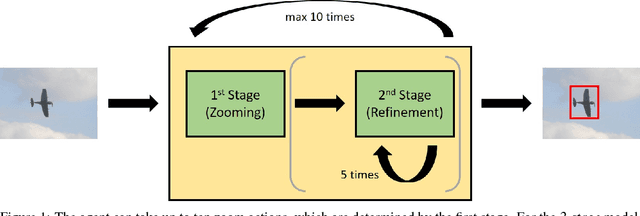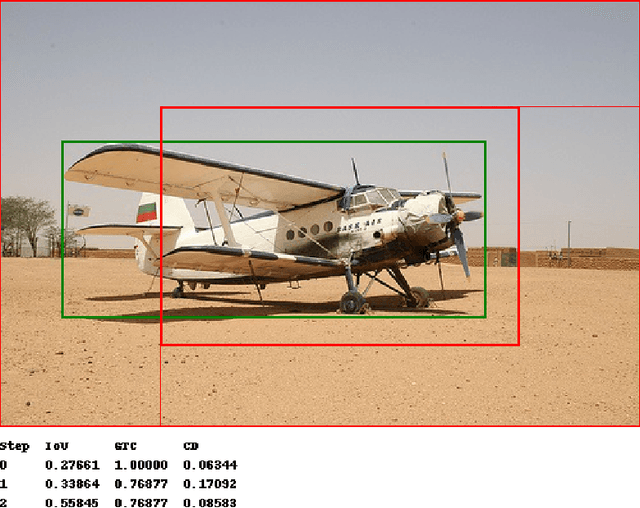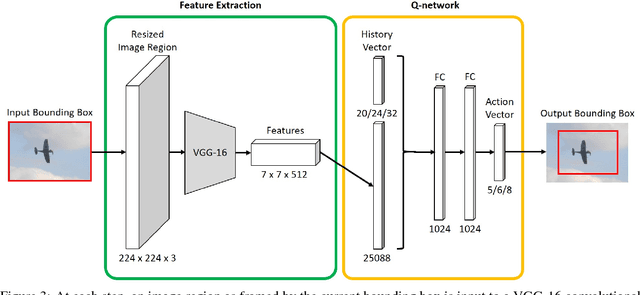Simon Malberg
From Roots to Rewards: Dynamic Tree Reasoning with RL
Jul 18, 2025Abstract:Modern language models address complex questions through chain-of-thought (CoT) reasoning (Wei et al., 2023) and retrieval augmentation (Lewis et al., 2021), yet struggle with error propagation and knowledge integration. Tree-structured reasoning methods, particularly the Probabilistic Tree-of-Thought (ProbTree)(Cao et al., 2023) framework, mitigate these issues by decomposing questions into hierarchical structures and selecting answers through confidence-weighted aggregation of parametric and retrieved knowledge (Yao et al., 2023). However, ProbTree's static implementation introduces two key limitations: (1) the reasoning tree is fixed during the initial construction phase, preventing dynamic adaptation to intermediate results, and (2) each node requires exhaustive evaluation of all possible solution strategies, creating computational inefficiency. We present a dynamic reinforcement learning (Sutton and Barto, 2018) framework that transforms tree-based reasoning into an adaptive process. Our approach incrementally constructs the reasoning tree based on real-time confidence estimates, while learning optimal policies for action selection (decomposition, retrieval, or aggregation). This maintains ProbTree's probabilistic rigor while improving both solution quality and computational efficiency through selective expansion and focused resource allocation. The work establishes a new paradigm for treestructured reasoning that balances the reliability of probabilistic frameworks with the flexibility required for real-world question answering systems.
A Comprehensive Evaluation of Cognitive Biases in LLMs
Oct 20, 2024



Abstract:We present a large-scale evaluation of 30 cognitive biases in 20 state-of-the-art large language models (LLMs) under various decision-making scenarios. Our contributions include a novel general-purpose test framework for reliable and large-scale generation of tests for LLMs, a benchmark dataset with 30,000 tests for detecting cognitive biases in LLMs, and a comprehensive assessment of the biases found in the 20 evaluated LLMs. Our work confirms and broadens previous findings suggesting the presence of cognitive biases in LLMs by reporting evidence of all 30 tested biases in at least some of the 20 LLMs. We publish our framework code to encourage future research on biases in LLMs: https://github.com/simonmalberg/cognitive-biases-in-llms
Multi-Stage Reinforcement Learning For Object Detection
Oct 26, 2018



Abstract:We present a reinforcement learning approach for detecting objects within an image. Our approach performs a step-wise deformation of a bounding box with the goal of tightly framing the object. It uses a hierarchical tree-like representation of predefined region candidates, which the agent can zoom in on. This reduces the number of region candidates that must be evaluated so that the agent can afford to compute new feature maps before each step to enhance detection quality. We compare an approach that is based purely on zoom actions with one that is extended by a second refinement stage to fine-tune the bounding box after each zoom step. We also improve the fitting ability by allowing for different aspect ratios of the bounding box. Finally, we propose different reward functions to lead to a better guidance of the agent while following its search trajectories. Experiments indicate that each of these extensions leads to more correct detections. The best performing approach comprises a zoom stage and a refinement stage, uses aspect-ratio modifying actions and is trained using a combination of three different reward metrics.
 Add to Chrome
Add to Chrome Add to Firefox
Add to Firefox Add to Edge
Add to Edge